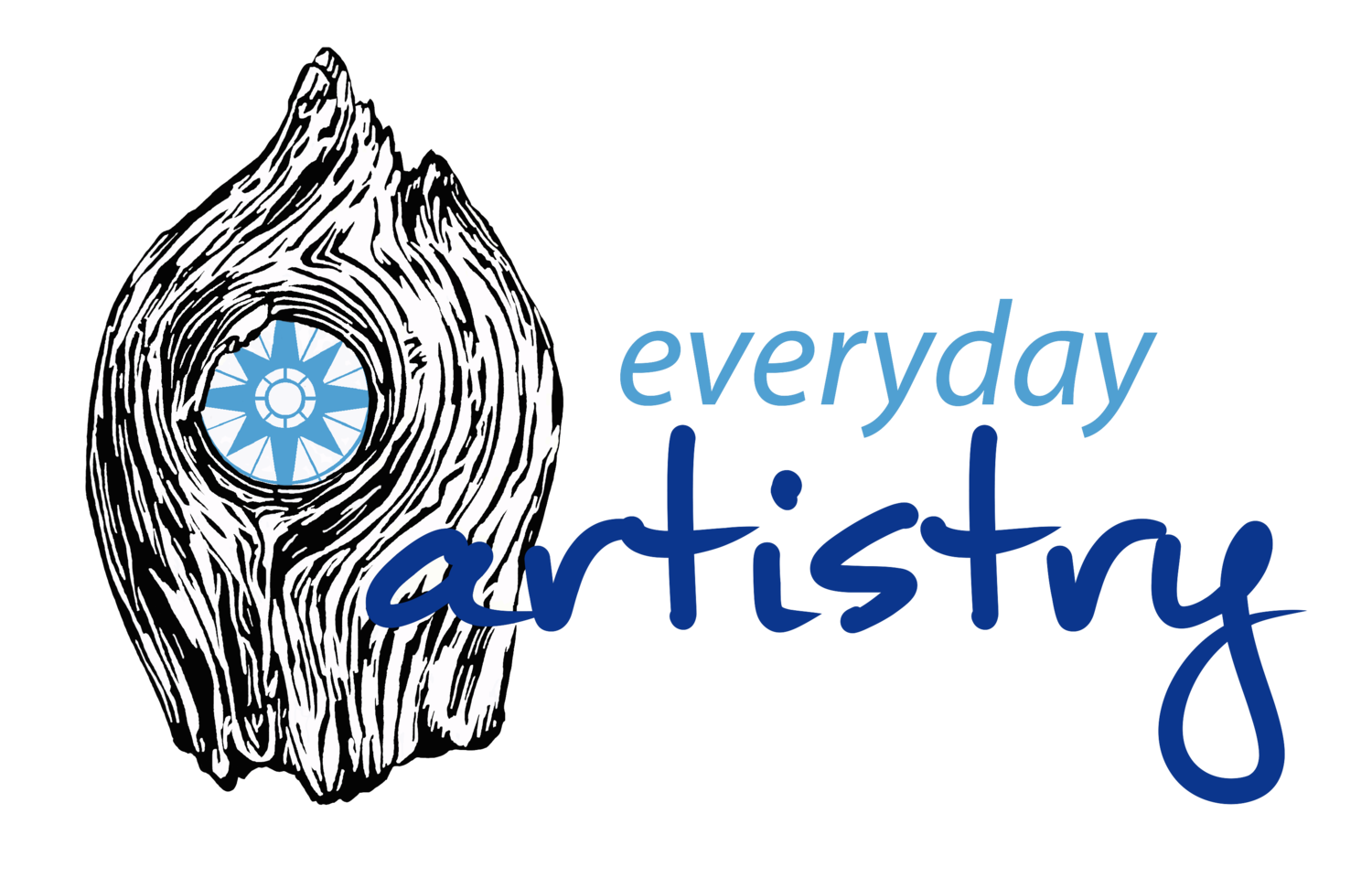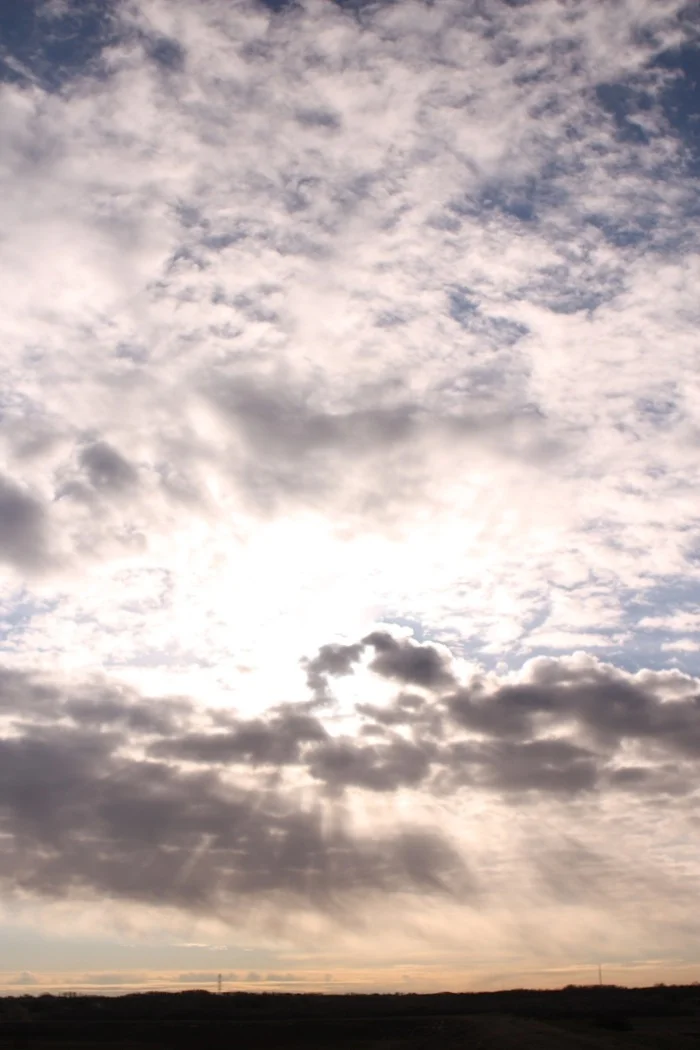Photo by Matt Whitford
Today, my calendar tells me, is Epiphany.
From a young age I was mesmerized by the word when I saw it every January. What does it mean? What's so special about today? After a little research, I've decided that, to me, Epiphany is a time to start preparing for creative magic.
According to the dictionary, an epiphany is:
- an appearance or manifestation, especially of a deity
- a sudden, intuitive perception of or insight into the reality or essential meaning of something, usually initiated by some simple, homely, or commonplace occurrence or experience
- a moment of sudden revelation or insight
In the church it's a feast day celebrating the incarnation of god as a human, and, depending on what church, commemorating either the baptism of Jesus or the Magi bringing gifts to Jesus. Either way, it's a pretty big deal. And though the religious meaning doesn't hold much weight for me, the idea of the divine becoming human is a powerful and useful image.
In her Ted Talk on genius, Elizabeth Gilbert describes how the Ancient Greeks and Romans saw creativity as something that came from outside ourselves, that it was a "divine, attendant spirit that came to human beings from some distant and unknowable source for some distant and unknowable reason."
Epiphany is a day to think about how something that we might normally see as being outside ourselves - inspiration, creativity, genius - becomes accessible to us mere mortals.
Have you ever had an epiphany? When it feels like the clouds are parting in your mind and brilliant sunshine streams through, giving you absolute clarity? I've had a few here and there, some of which set me on a new path (I hope to tell you about my most recent one soon), and others that helped me clear up a tricky problem or gave me a new angle to try. Either way it often does feel like the appearance or manifestation of something otherworldly.
Whether it's a massive shift in understanding or just a small flash of insight, epiphanies feel pretty good.These moments are rare, and that's what makes them magical, but do we have to wait around until something randomly bursts through the clouds? Or can we cultivate an environment where epiphanies are more likely? I think we can and lately I've been trying to figure out how. Here's what I've come up with so far:
Get started
We often think that the epiphany needs to happen before the work can start. We wait for the brilliant idea to arrive before we're even willing to try. But the truth is that the best way to allow for creativity is to practice creativity. Start a creative habit, make it part of your routine, clear off a corner of your desk devoted solely to creative projects. Doing creative things, even terrible ones, is the only way to learn how to do more creative things. The biggest thing I've learned about inspiration this year is that it never comes while I'm avoiding a project. It only comes after I've dived in. So dive in, whether you feel like it or not, and you'll be much more likely to feel that spark of insight that will encourage you to keep going.
Put in the time
The Magi walked across the desert to find what lay beneath the star. Imagine if they had looked at it and said, nah, I don't really feel like walking that far, let's go get some pizza. They never would have encountered the manifestation of Christ. Likewise, you won't ever find the divine in that short story if you don't sit down and write and put the necessary hours in. Sometimes you have to walk across a desert to find something magical.
Be Open and Alert
I go through periods when I'm so focused on what I need to get done and how crammed my calendar is that I forget to look up and experience the world around me. During these times I wonder if ideas are being sent my way but I'm too busy to pay attention. The way to catch an epiphany is to stay aware of your environment and of how you're interacting with it. Watch out signs, for mysterious connections that might mean nothing, but also might mean everything. In that same Ted Talk (if you haven't watched it, you really should!), Elizabeth Gilbert describes a poet friend who feels poems coming upon her and must run to catch them before they fly away. If we're not always watching, we'll miss those opportunities when they come.
Keep track of ideas and observations
Carry a journal, or even just a wad of paper and a pen with you. Write, sketch, record voice memos on your phone, take pictures. Hold on to the small magical moments that you experience each day. Don't worry too much about doing something with what you've recorded, I've found that simply the act of keeping track gets my neurons firing and makes me feel a little more electric. Plus, the more you record, the more you'll start looking for things to record, and the more you'll see.
Keep Moving
You may have noticed that big ideas never come when you're hunched over your desk, digging your fingernails into your leg in frustration. If something isn't working, get up, move around, do something else. Keep your creative energy flowing by finding a more easy or fun task to do until you feel refreshed enough to return. Don't get stuck in frustration and resistance. Walking, cooking, yoga, laughing, playing with paint, all are good ways to keep the channels open. In the same way that you won't experience epiphanies when you're closed off to the world, you won't get that flash of inspiration when you're stuck in one place. Start moving and watch the ideas start pouring through you.


